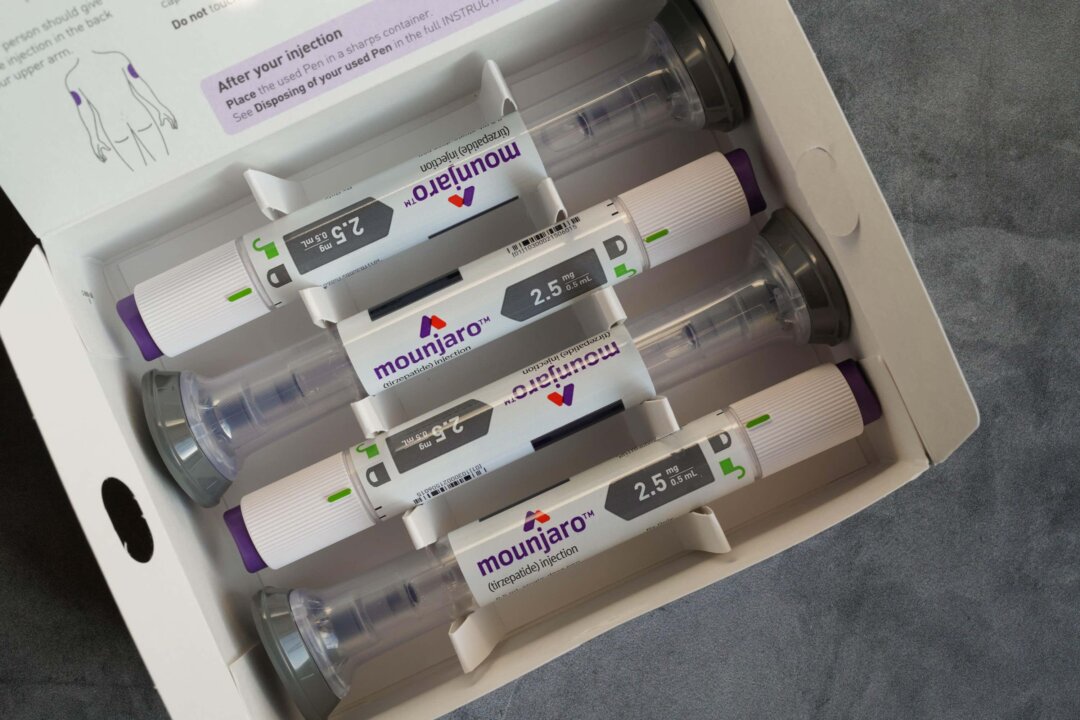“FDA confirmed with the drug’s manufacturer that their stated product availability and manufacturing capacity can meet the present and projected national demand,” the agency said. The shortage, which stemmed from skyrocketing demand, had opened the door for third-party compounders to create alternatives under special FDA rules designed to address supply issues. With the resolution of the shortage, these compounding pharmacies are now restricted from producing the cheaper knock-off versions, marking a possible shift in access to lower-cost options for patients seeking the popular weight loss treatments.
Lilly, formerly Eli Lilly, confirmed to the FDA that its production capacity can now meet the current and future demand for tirzepatide, the active ingredient in both Mounjaro and Zepbound. The FDA, in a statement on Oct. 2, announced the removal of the drugs from the shortage list and issued guidance “clarifying” policies for compounders—the rules of which are not subject to the same stringent safety and efficacy evaluations as FDA-approved drugs.
Under section 503A of the Food, Drug, and Cosmetic Act (FD&C Act), traditional compounding pharmacies are prohibited from creating essentially identical copies of commercially available drugs unless there is an ongoing shortage. Lilly has launched initiatives such as LillyDirect to offer discounted options for its FDA-approved versions like Mounjaro and Zepbound. According to Christopher Durham, host of The Downsized podc.


















